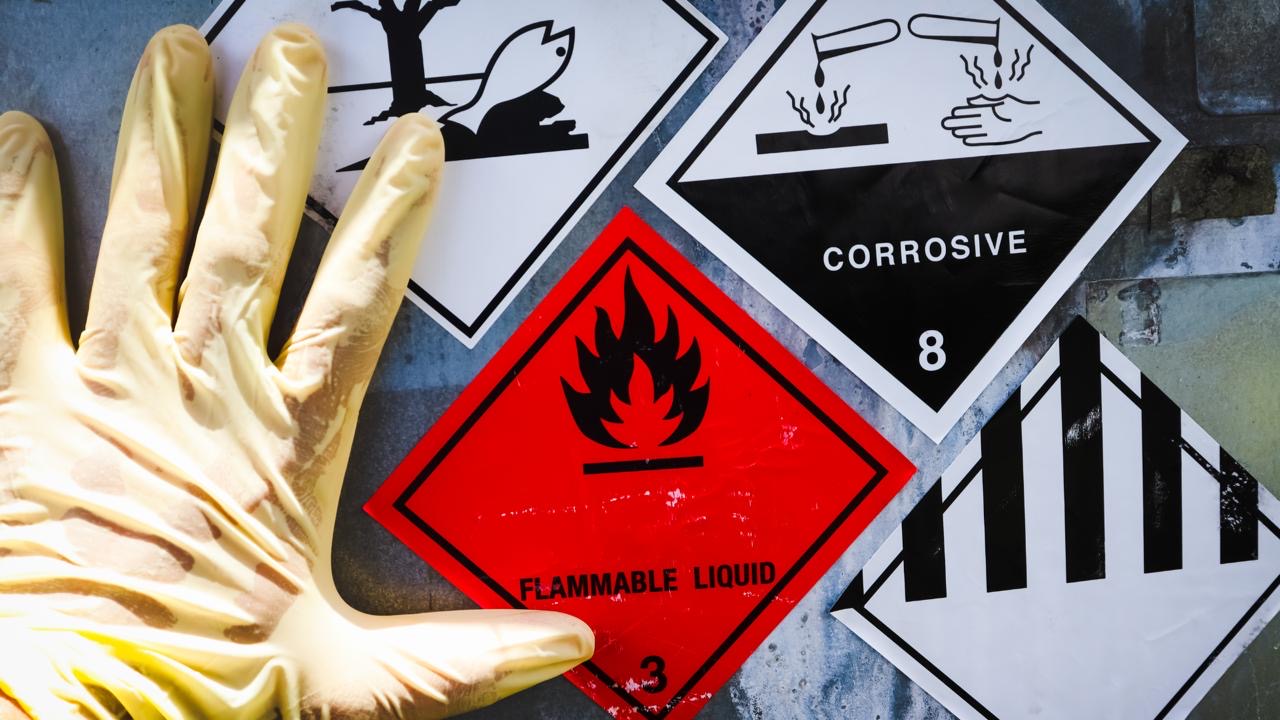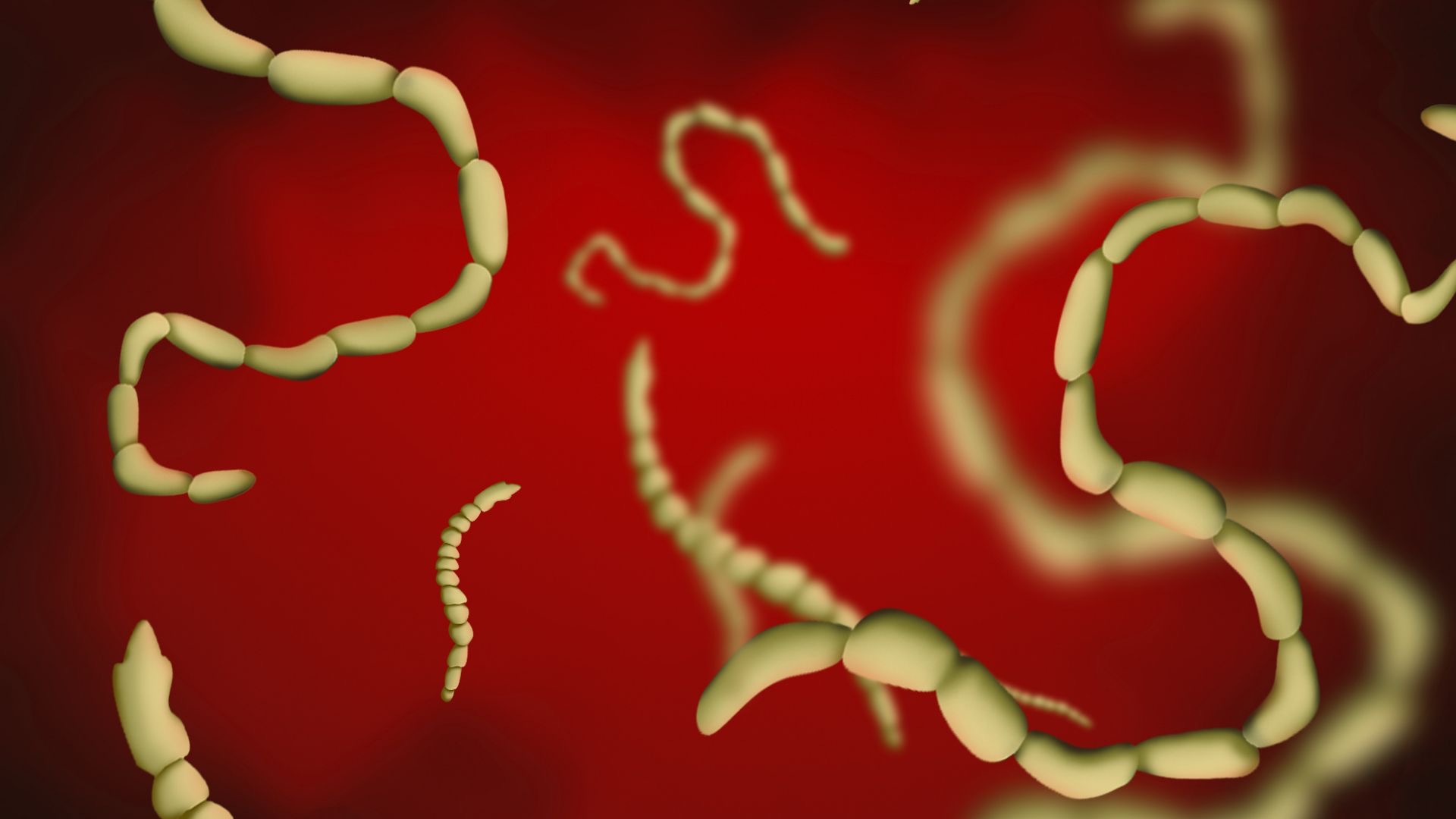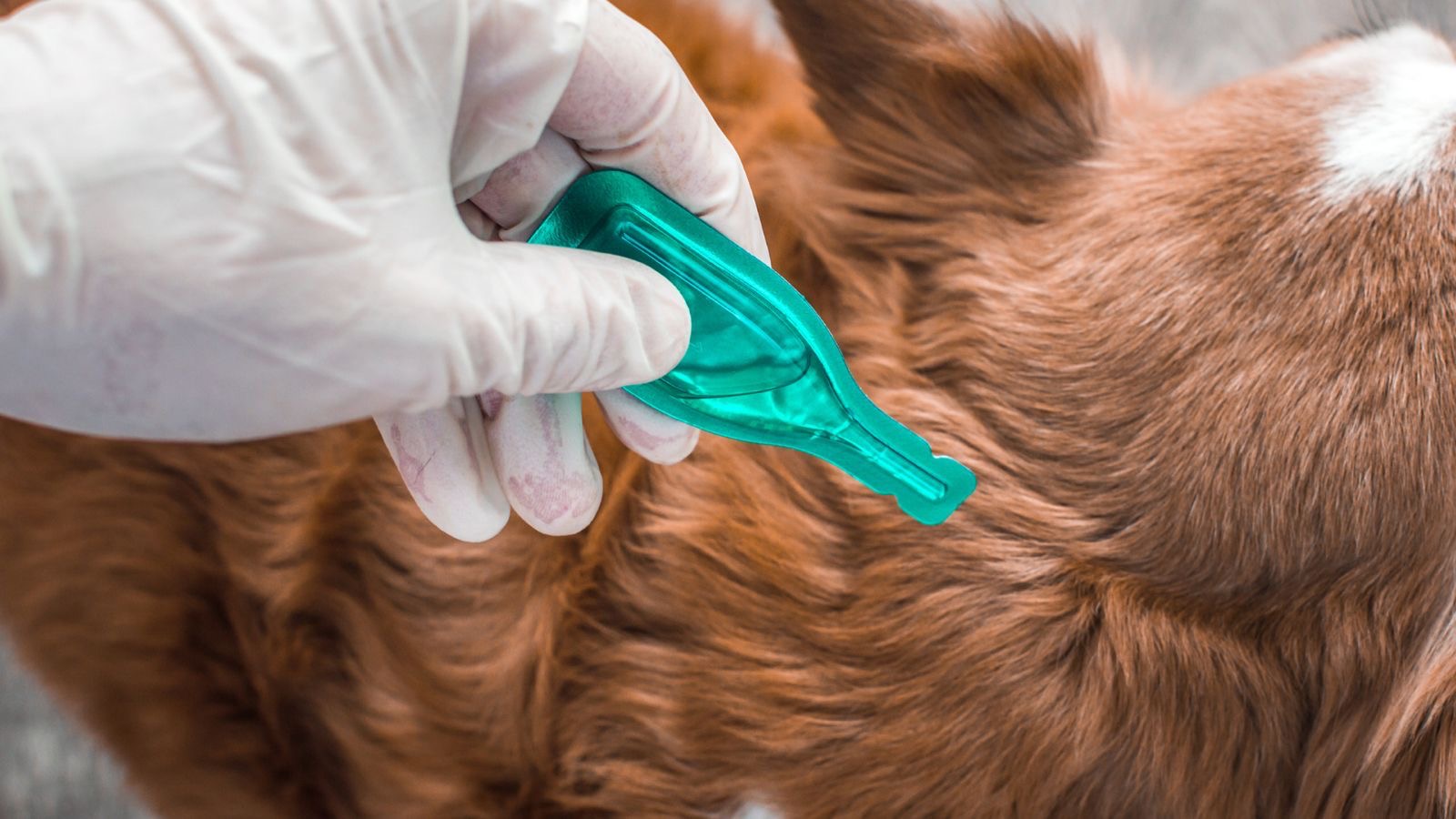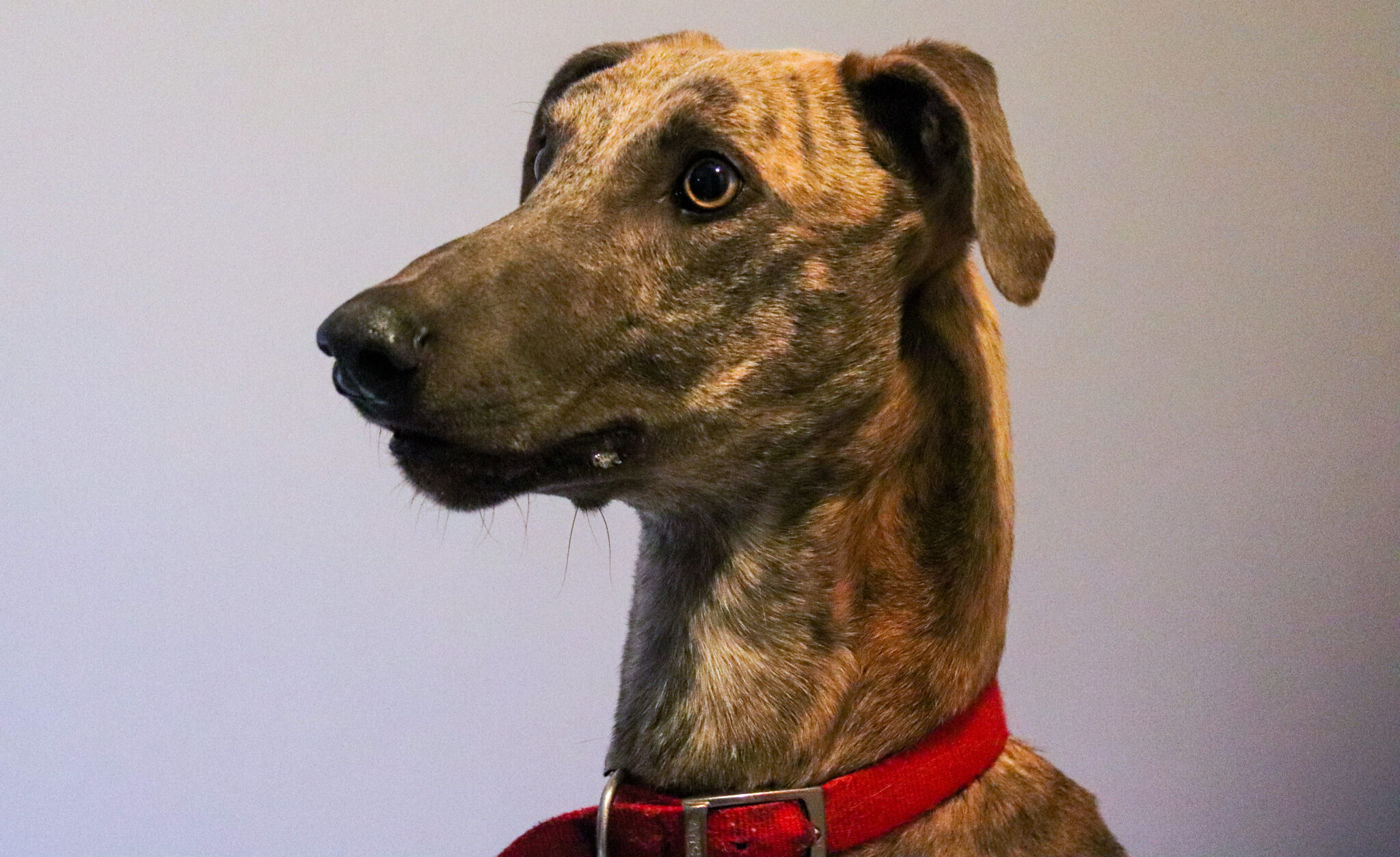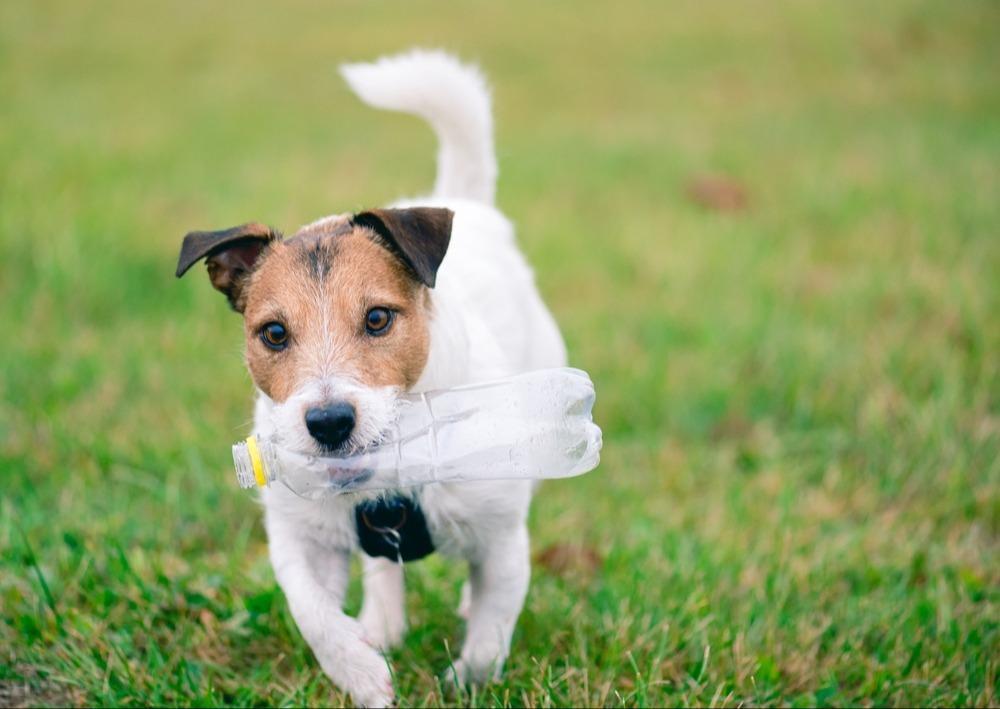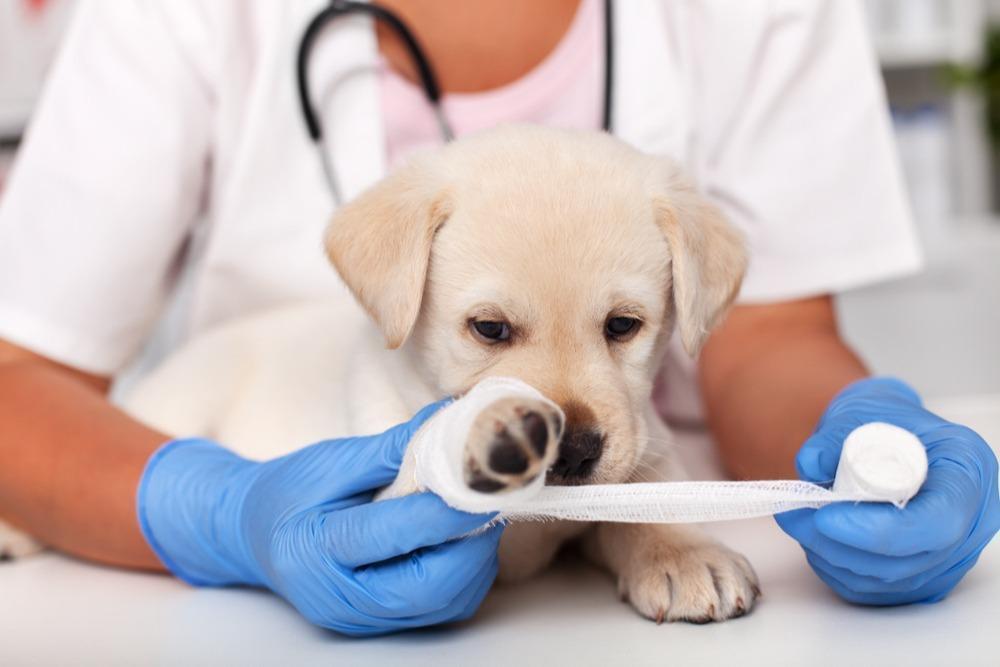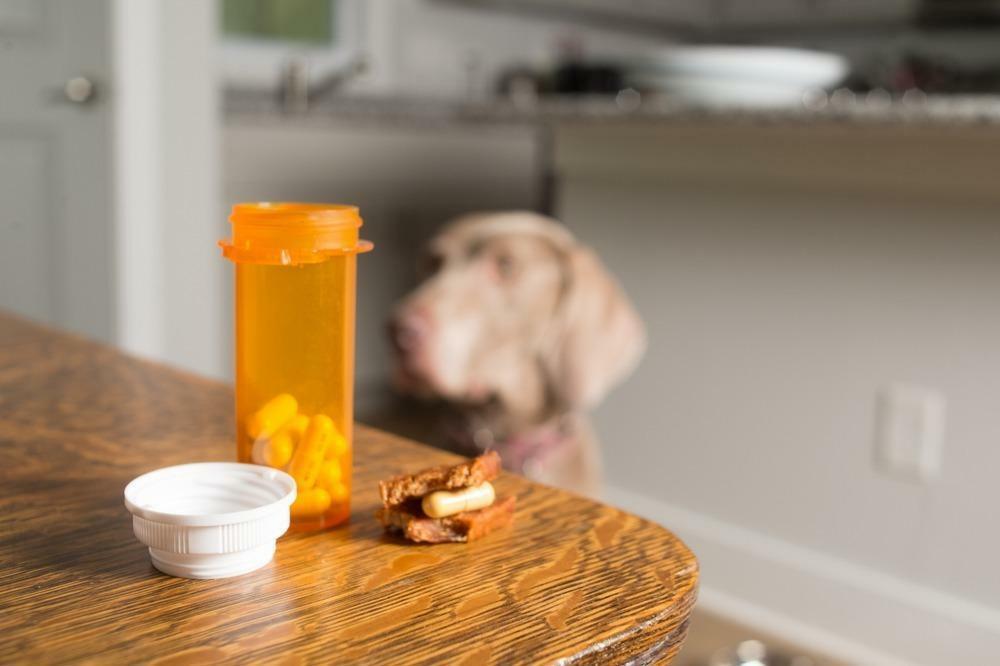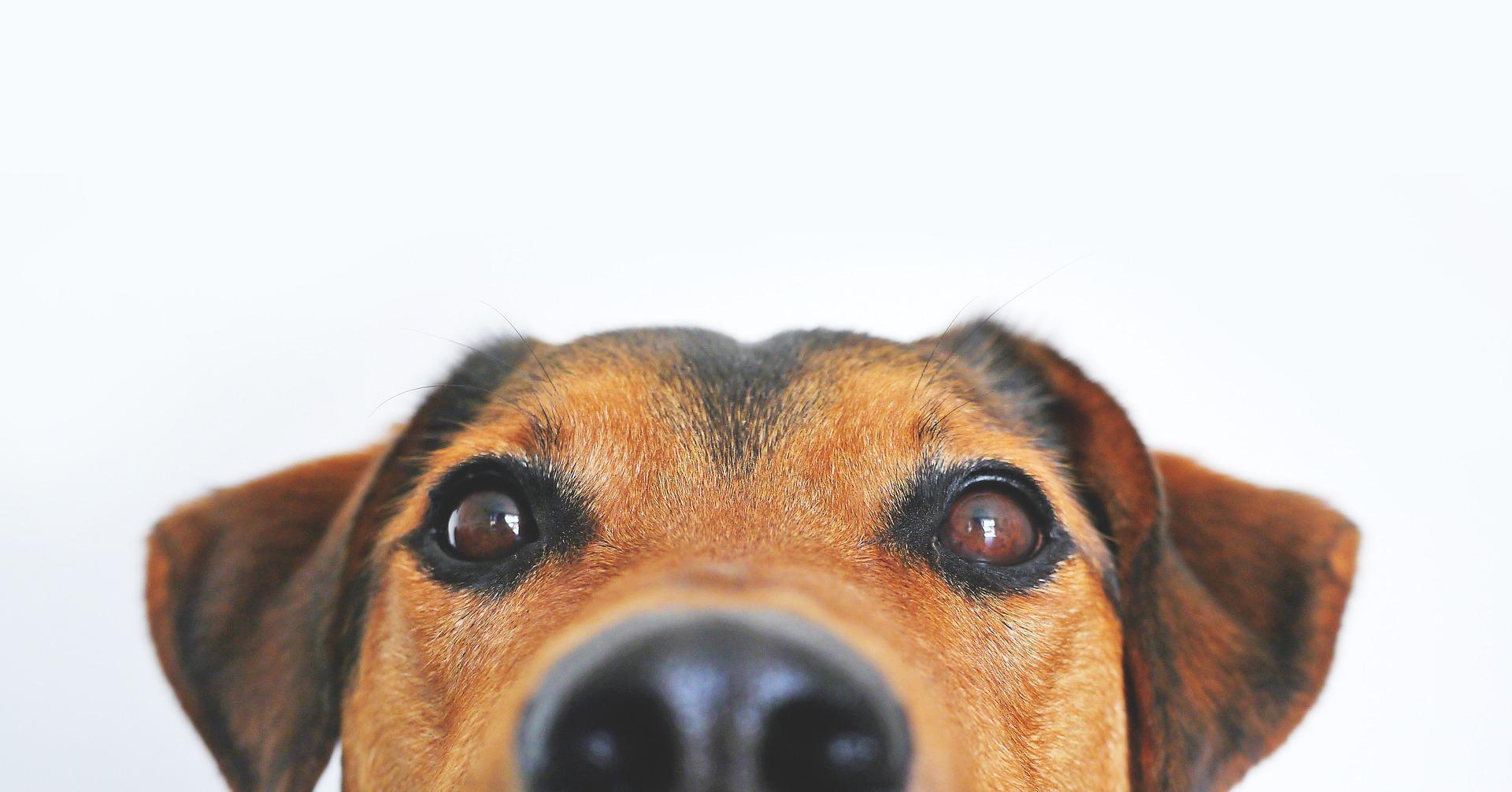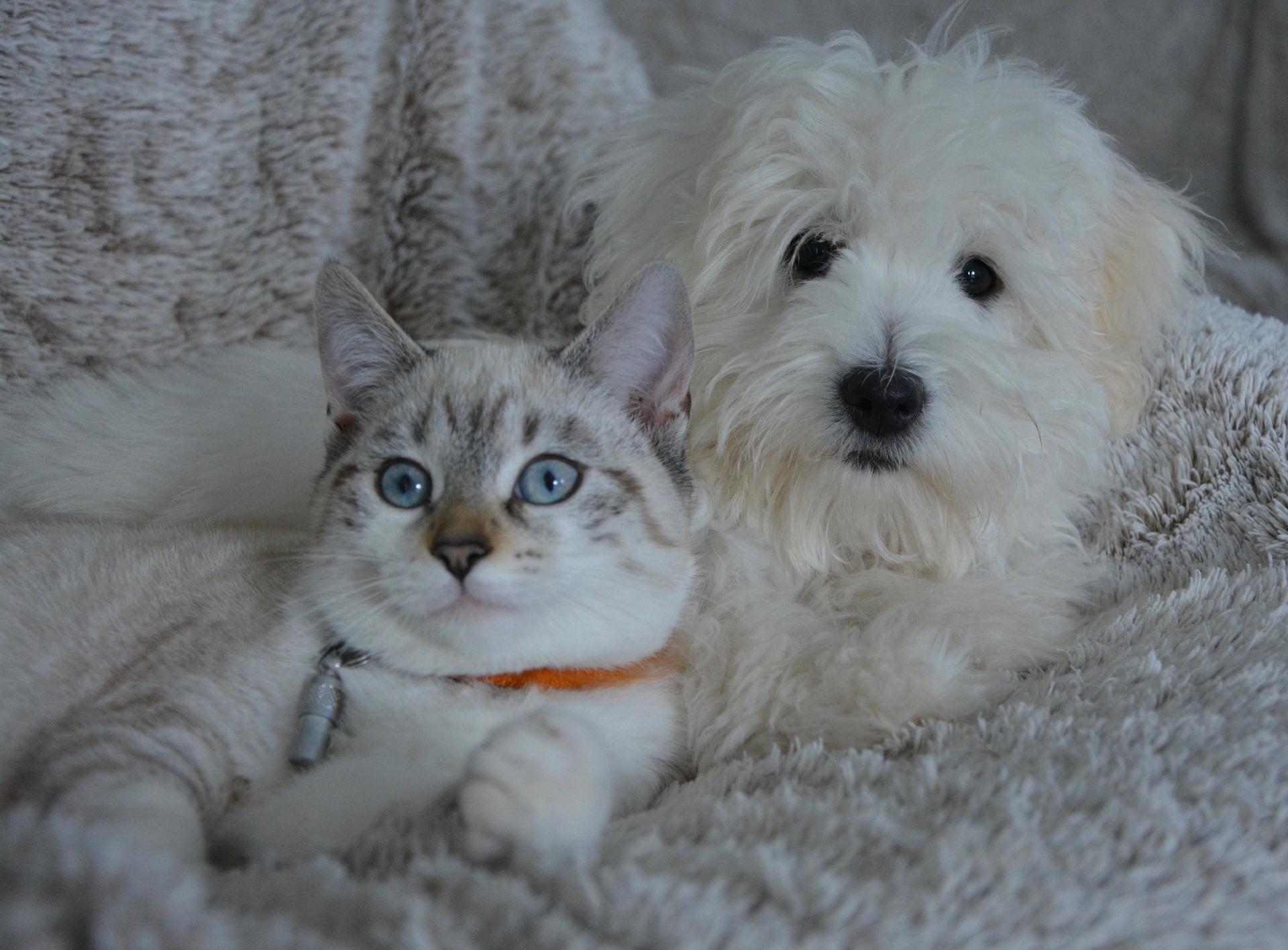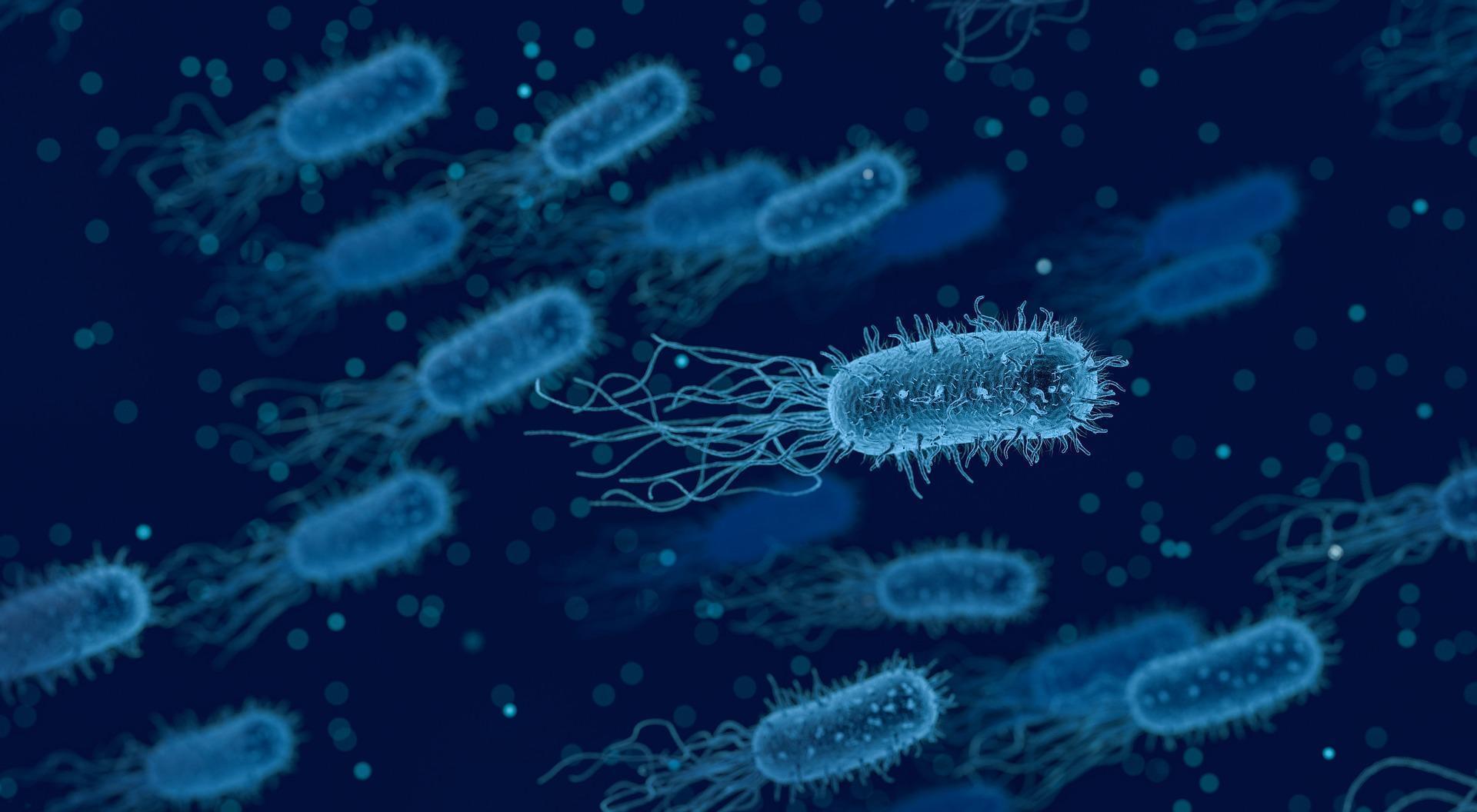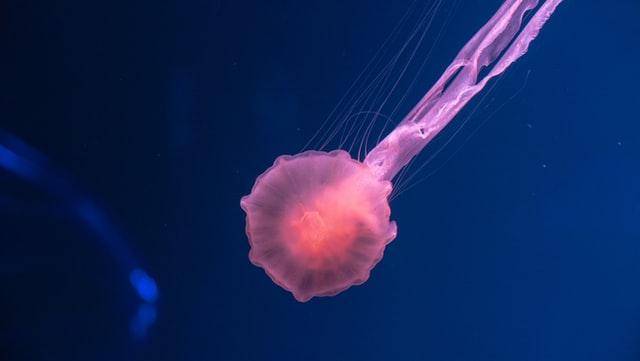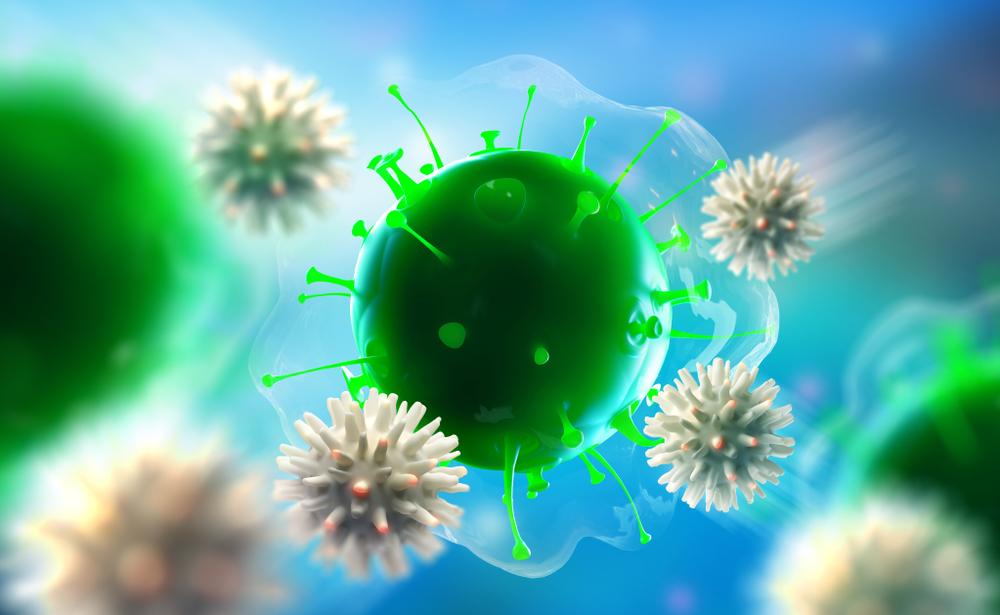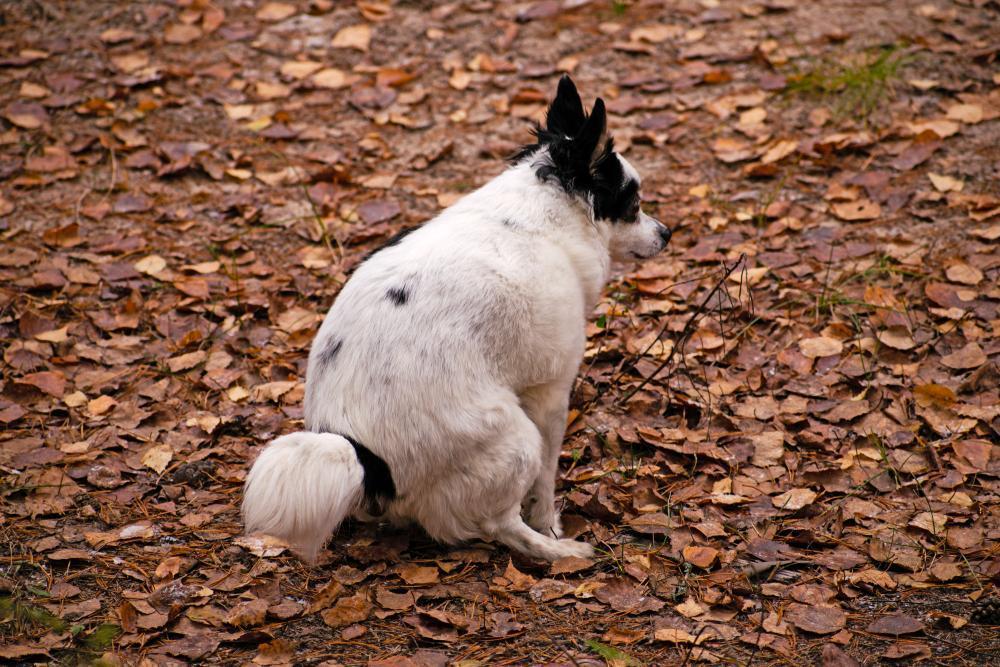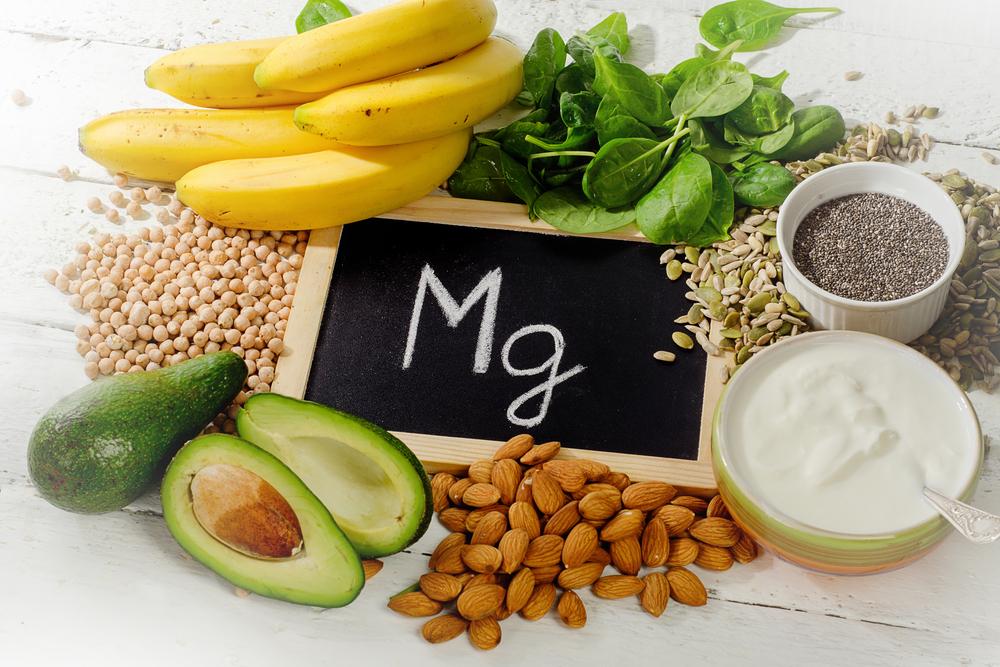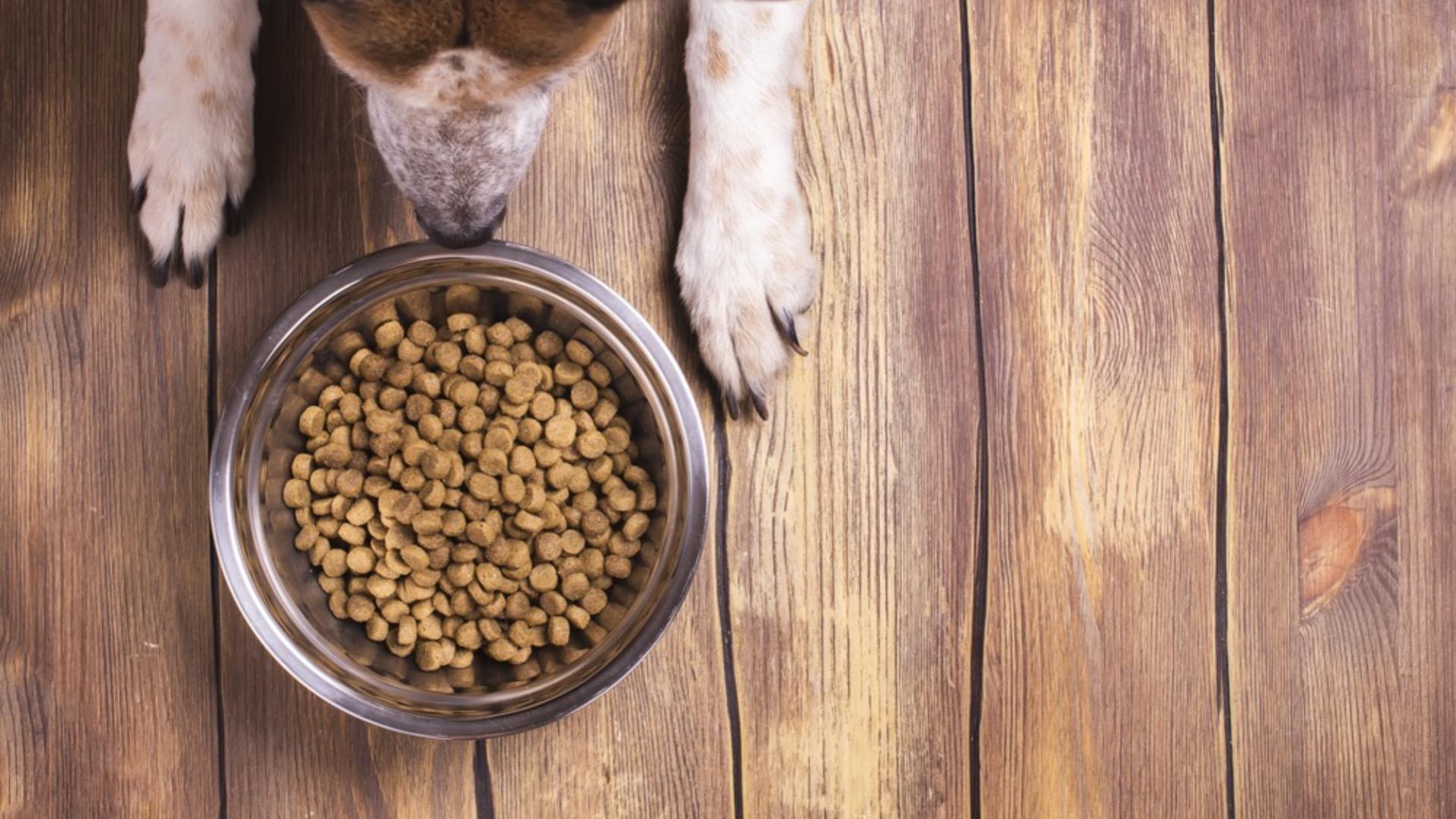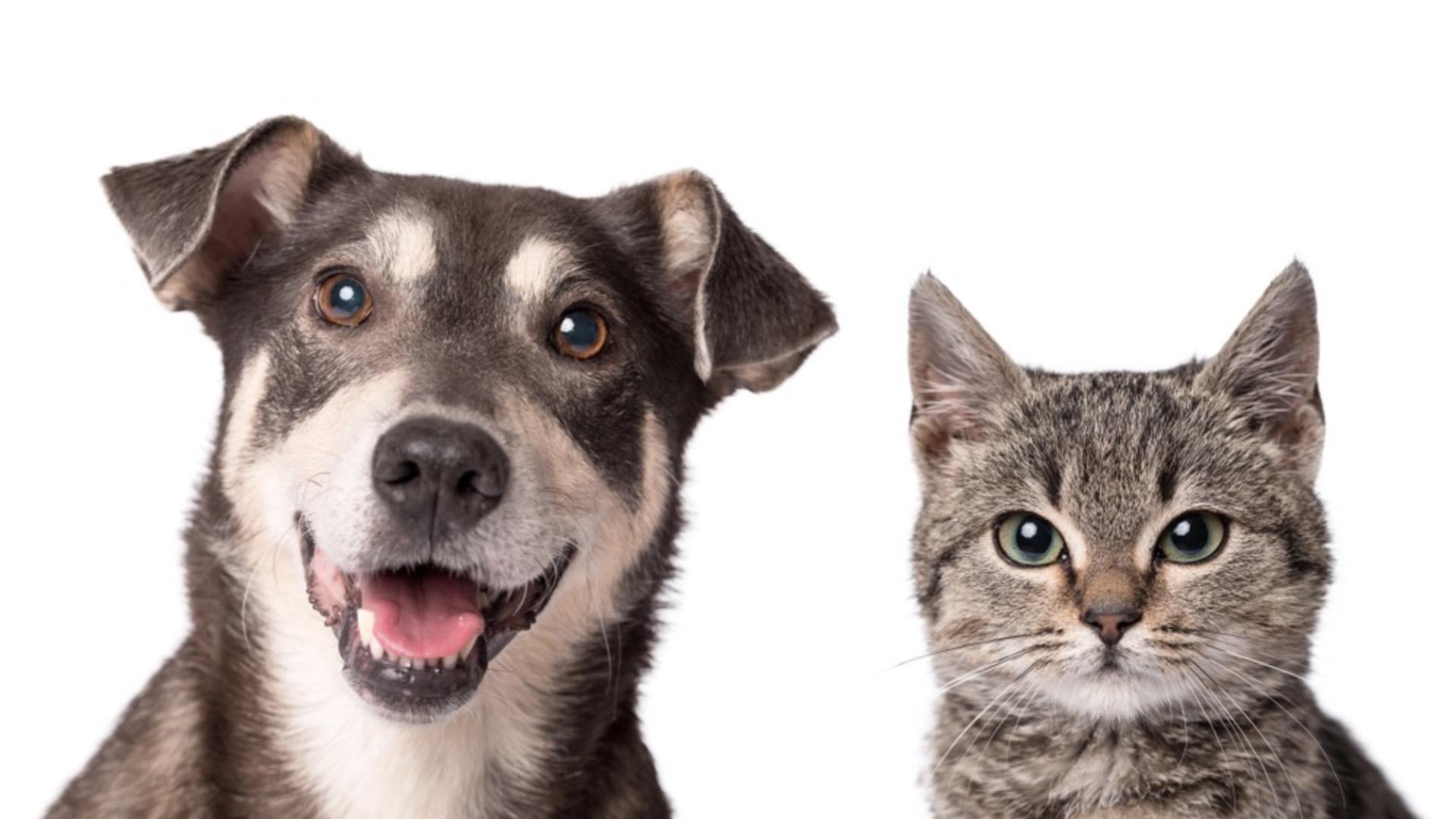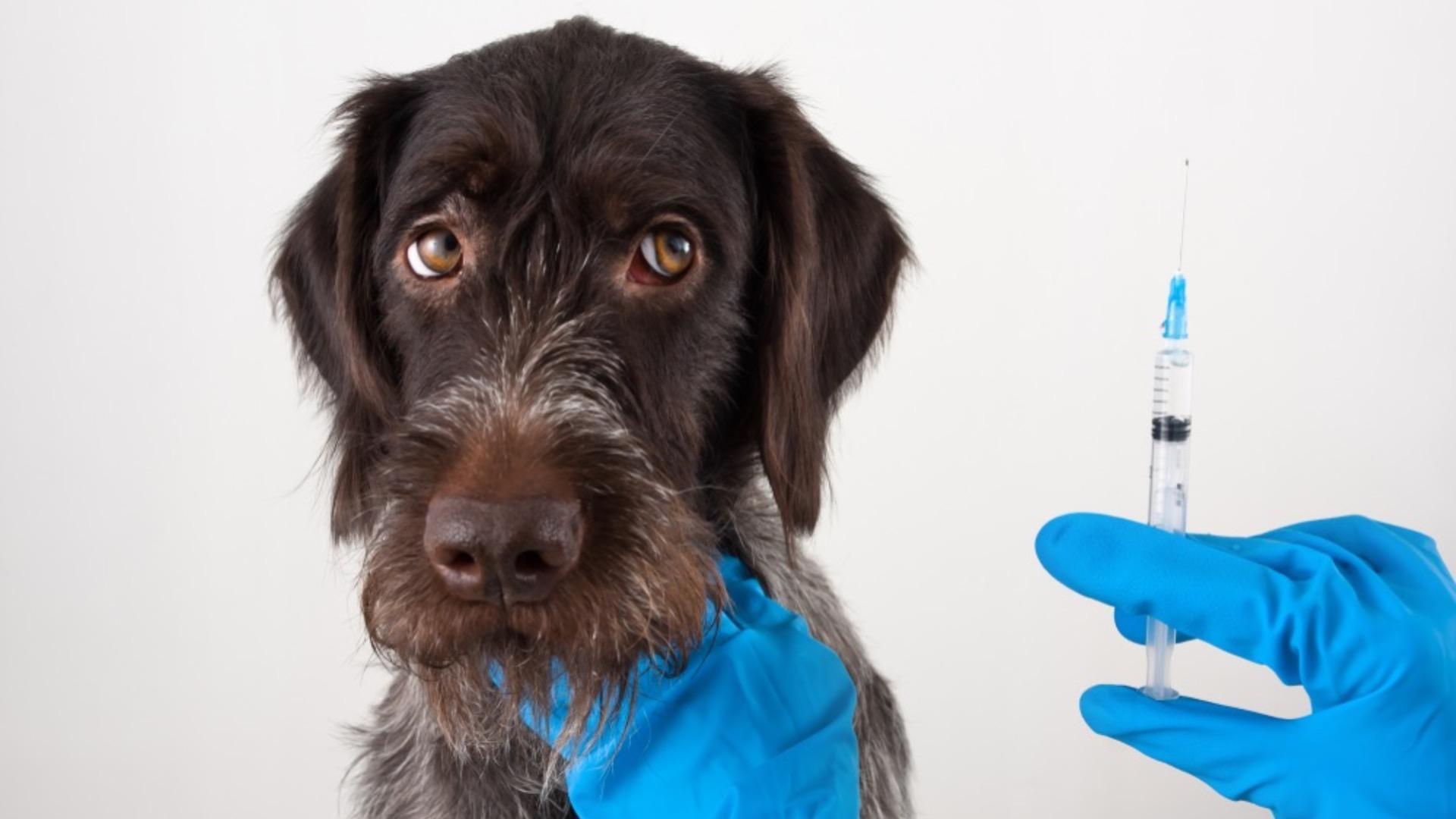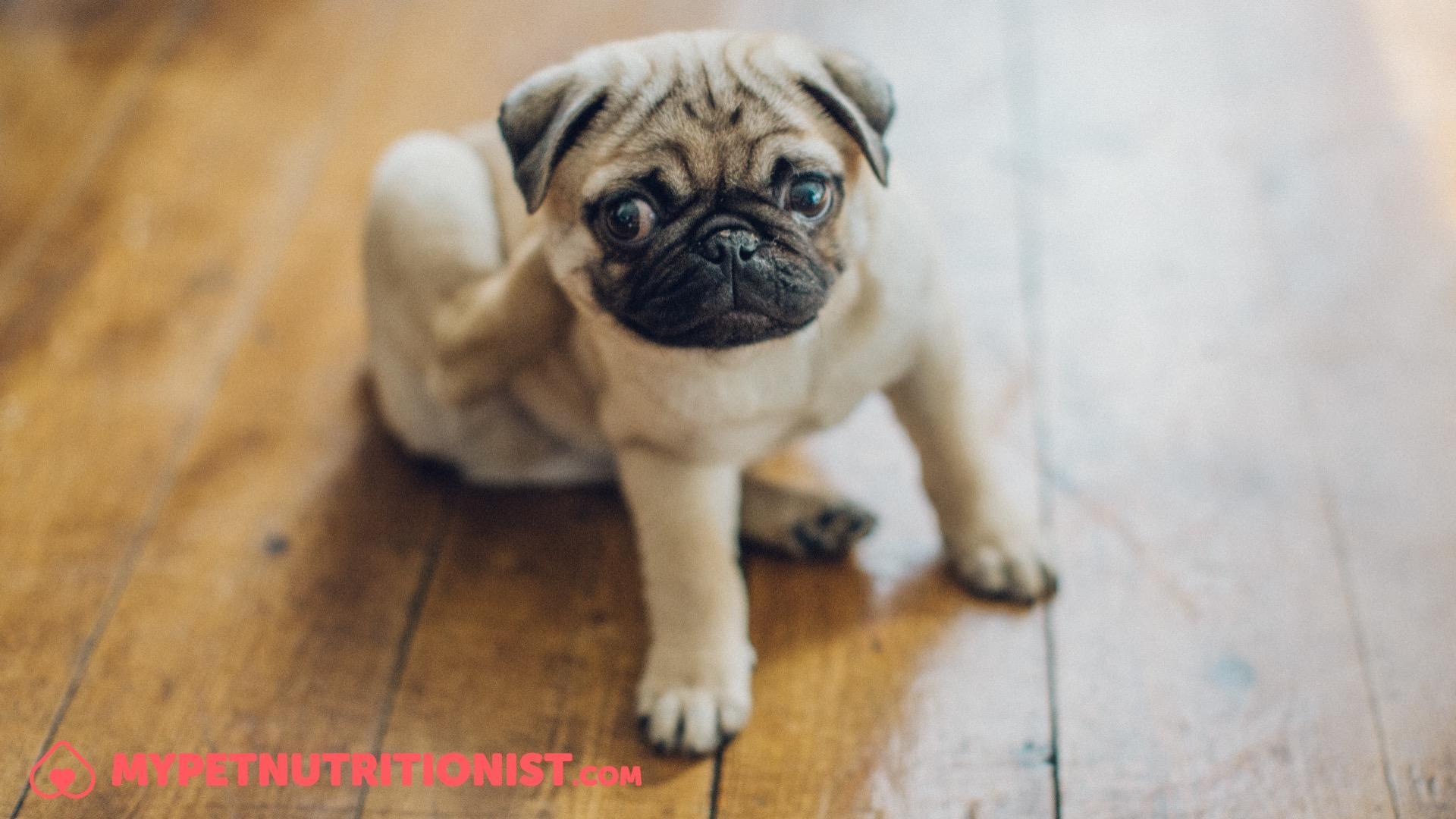In October 2021, a well-known newspaper published an article which suggested vegan pet food is as healthy for cats and dogs as meat.
A veterinary professor argued that his research showed that cats and dogs had as good, or better health outcomes on plant-based diets as they did when fed on meat products. However, what the headlines forget to mention is that he also said, this is on the proviso that these plant-based diets were carefully formulated with additional synthetic nutrients. A final note, these findings remain, at present, unpublished.
Here at My Pet Nutritionist, we often get asked what the best diet is for our pets, so we thought we’d look into vegan and vegetarian diets in a little more detail.
The vegetarian diet involves avoiding meat, fish and poultry products, the vegan diet involves avoiding all animal products, this includes dairy and even honey.
How do they suit our cats and dogs?
Let’s start with the cats.
No matter where you look, the jury is in – cats evolved as hunters that consume prey containing high amounts of protein, moderate amounts of fat, and minimal amounts of carbohydrates. They are obligate carnivores. Building on this definition, they are actually hyper carnivorous. They are a small carnivorous animal with a proportionally large brain. What this means is that their high brain demand for glucose could not be met by a natural prey diet, if they were to only utilise carbohydrates as glucose. So, they are really good at producing glucose from non-carbohydrate sources like protein and fat. This natural evolution has made them quite poor at using carbohydrates, as demonstrated by their limited amylase activity in the pancreas and small intestine (even compared to dogs).
The other element to consider for the cat is the well known amino acid taurine. Cats and humans are among the few mammals whose bodies do not make taurine, and therefore must obtain it from their diet. In humans, taurine deficiency is rare because taurine is common in meat and fish food products; and so in a meat-based diet, cats also should not become deficient.
In the 1970’s, Quinton R. Rogers of UC Davis showed that a taurine deficiency could cause degeneration of the retina in cat’s eyes. Kittens born to taurine deficient mothers are often blind and show many abnormalities such as impaired gait. For this reason, in the 1908’s new cat feeding guidelines were introduced, stating a minimum level for taurine in cat food.
But, in later years it was also found that taurine plays a role in regulating calcium entry into heart tissue every time it beats. Researchers soon noticed that cats presenting with dilated cardiomyopathy also had low levels of taurine. When taurine was supplemented in the diet, the cats recovered.
Findings Here
Arachidonic acid is another nutrient required by cats that is only available from animal sources and whilst it is an omega-6 fatty acid that is often demonised, it is actually a fatty acid that is essential for health. It is involved in the proper function of the brain and muscles. It, along with it’s metabolites is also involved in immune function and therefore resistance to parasites and allergen insult.
Let’s move on to the dogs.
A dog is a facultative carnivore, although some describe them as an omnivore. It is this definition that many believe allows our canine companions well adapted to a vegetarian diet, but again, the dog demonstrates poor utilisation of carbohydrates unless in a high energy need (like lactation or speed work) by their limited amylase activity.
A survey of 86 vegetarian dogs in Germany, Switzerland and Belgium found that over 50% of the dogs were fed diets deficient in protein, essential amino acids, calcium, zinc, and vitamins D and B12.
Findings Here
Why Does My Dog Need Calcium
Why Zinc is Important For Your Dog
The Importance of Vitamin D for Cats and Dogs
Why Your Dog Needs Vitamin B12
Many suggest that correct formulation by manufacturers will negate these issues, Kanakubo and colleagues examined 13 dry and 11 canned vegetarian diets for dogs and cats that were sold in all or most of the United States. Crude protein and amino acid concentrations were compared with AAFCO Dog and Cat Food Nutrient Profiles. Minimum CP concentrations for the specified species and life stages were met by 23 diets; the remaining diet passed appropriate AAFCO feeding trials. However, 25% (6/24) diets did not meet all AA minimum requirements.
Findings Here
During further exploration of the companies who manufacture vegetarian diets, some even go as far as suggesting they “do not advocate the singular feeding of vegetarian or vegan diets to carnivores such as dogs and cats. … It is designed for intermittent feeding or as a base to add different meats for sensitivities and allergies”
If vegetarian diets are questioned on their ability to meet the nutritional needs of pets, vegan diets go one step further and avoid all animal products in their entirety, so do they suit our pets either?
The Journal of Animal Physiology and Animal Nutrition published a case report of two cats in March 2021. A 2-year-old neutered Main Coon and a 1-year-old spayed domestic short hair presented to the nutrition service in France with lethargy. Dysorexia, lethargy and muscle waste was apparent and progressive weight loss occurred in follow up consultations. A macrocytic, non-regenerative anaemia with low serum folate were the main clinical features. The diet was analysed, and it was found to be a plant-based, vegan pet food. Many nutrients showed as below minimum recommendation. Folic acid supplementation improved dysorexia and with the reintroduction of animal-derived ingredients, appetite, weight, and normal mentation was restored in both cats.
Case Report Here
Investigations have subjected commercially available vegan cat foods to blind nutritional analyses by an independent laboratory. Data shows that many brands are deficient in taurine, methionine, and arachidonic acid, with additional brands also deficient in Lysine and Arginine. Many vegan diets are also deficient in several B vitamins, as well as retinol, calcium, phosphorus, and overall protein.
Nutritional status aside, the interest in vegan diets for pets is parallel to human vegan status. Many vegans opt to do so for moral and ethical reasons.
What is particularly relevant at this point is that data has highlighted in analysis that many vegan pet foods are not completely free of animal-derived nutrients.
Summary
There is no denying that there are a range of nutrients found in vegetable products, and in the form of fibre they are of benefit to gut and host health, but to date, there is no clear data that indicates a plant-based diet can meet all of the nutritional requirements of cats or dogs, without synthetic manipulation.
The general consensus is that plant-based diets for cats and dogs are easier to get wrong, than they are to get right, which has led to dietary deficiencies and associated disease.
But veggies can be added to the bowl and if you’d like some ideas, check out our blog here:
Fresh Food to Add to Your Dog’s Bowl
If you would like any support in choosing the most appropriate diet for your pet, then please check out our services.
Thanks for reading,
MPN Team

